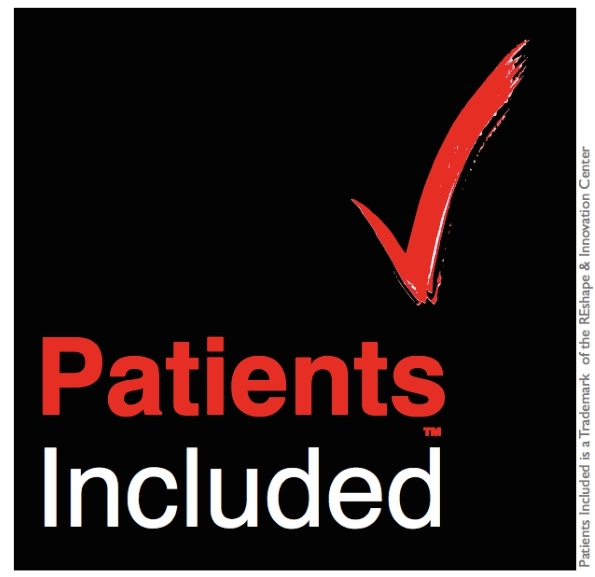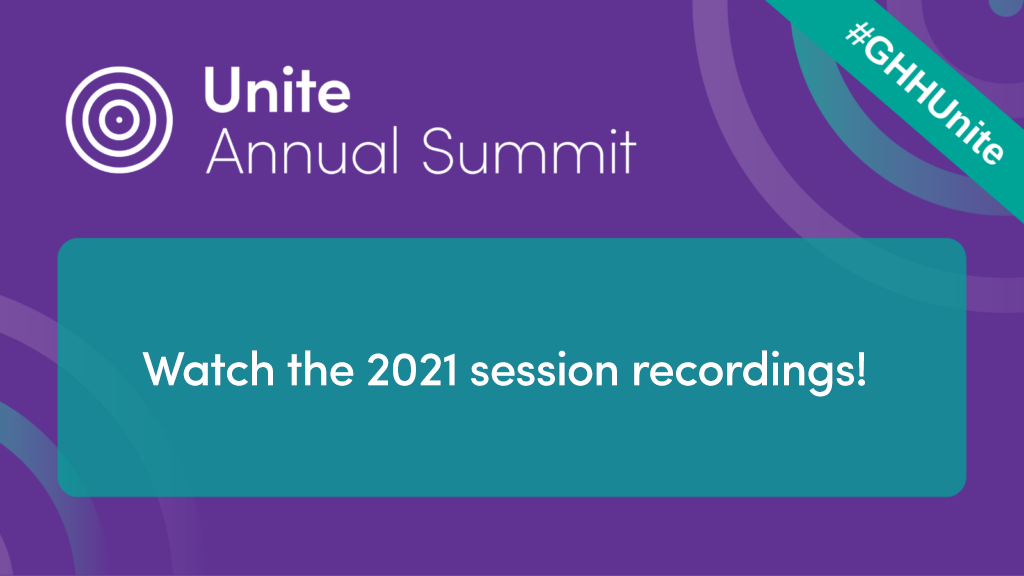Home / 
Global Heart Hub brought together patient representatives from all over the world for the second UNITE Annual Summit
More than 450 people from 55 countries joined the second UNITE Summit on 29 and 30 November. The dynamic virtual event featured a wide variety of speakers, including heart patient advocates, leading cardiologists, and campaigners from beyond cardiovascular health arena who shared their expertise and experience. Sessions were recorded and are available online in our resources video section – link here.
- The UNITE Summit addresses an unmet need: connecting the Cardiovascular patient community
- Cardiovascular health advocates can maximise impact by speaking with one voice
- Attendees gained practical skills and knowhow from cardiology community peers and advocates from other fields
In addition to covering hot topics in prevention, treatment and innovation, there were practical sessions for patient groups dedicated to fundraising, achieving political impact and growing advocacy organisations. These How To workshops were developed in response to feedback from the first UNITE Summit. The GHH has developed short guides for patient advocacy groups around the world based on the tips and advice offered in these sessions:
How can cardiovascular patient organisations grow and professionalise
How can cardiovascular patient representatives achieve political impact
How can cardiovascular patient organisations fundraise sustainably
‘In the past, the cardiovascular world has missed the opportunity to bring our community together,’ said Neil Johnson, Executive Director of the Global Heart Hub. ‘The UNITE Summit featured inspiring contributions from stellar speakers, showing the scale of what’s possible when we unleash the potential of empowered patient voices.’
This was echoed by Professor Fausto Pinto, President of the World Heart Foundation, who said cardiovascular health advocates can convey vital messages to the public and policymakers, helping to improve outcomes at a global level. ‘Your mission is our mission,’ he said. ‘Together we can tackle cardiovascular disease and promote health in the most efficient and successful way.’
Perspectives on prevention
Prevention was to the fore during the two-day meeting. Controlling global hypertension, reducing sodium intake and eliminating trans fats could save 100 million lives over 30 years, according to Prof Reena Gupta, Professor at the University of California and an advisor to Resolve to Save Lives, a global non-profit. ‘Countries can improve hypertension control by implementing WHO-HEARTS which provides a package of tools and policy measures that would prevent millions of deaths,’ she said. Prof David Wood, Emeritus Professor in Cardiology, Imperial College London, called for investment in ‘primordial prevention’ at the population level. ‘We must address tobacco, the marketing of ultra-processed foods, and our environment, including transport.’
Hot topics: from mental health to personalised medicine
The UNITE Summit put the spotlight on ways in which clinical practice and scientific research are changing. Heart health is evolving to take a more holistic view of managing long-term disease. The cardiovascular community has paid too little attention to mental health, according to Dr Michael Vallis, Health Psychologist and Associate Professor in Family Medicine, Dalhousie University, Canada. He said stress is an independent predictor of cardiovascular diseases while good mental wellbeing can play a positive role in behaviour change. ‘Acute care has dominated medicine for historical reasons,’ Dr Vallis said. ‘But in an era of more complex chronic conditions, we must take a whole-person perspective.’
Dr Sandra Ganly, Senior Cardiovascular Research Fellow, University of Galway, explored the ways in which medical science could reshape patient care. From implantable sensors and new types of stents to TAVI aortic valve replacement and predictive imaging tools, researchers are finding ways to translate research into reduced hospitalisation and better outcomes. ‘Patient perspectives must be incorporated into how products are developed,’ she said. ‘In our work, patient researchers are embedded in the process from the start.’
Patient advocacy groups also have a vital role in improving public understanding of complex new technologies, Dr Marius Geantӑ, President and Co-Founder, Centre for Innovation in Medicine, Romania told the meeting. ‘Personalised medicine has the potential to prepare society for a more individualised approach to care,’ he said.

Focus sessions
A series of five parallel discussions looked at specific aspects of cardiovascular health:
- The optimal pathway in heart failure. The session presented how living with HF can be challenging but making lifestyle changes and collaborating with a multidisciplinary team can improve the quality of life and the patient care pathway.
- Shared decision making in heart valve health. The session gathered healthcare professionals and patient advocates to discuss the vital role of shared decision-making throughout the whole patient journey to improve the outcomes and offered guidance on how patients can have a more active role.
- A brighter future for cardiomyopathy patients? The session showcased cutting edge research which could transform the experience of patients, presented by the prestigious study leads.
- Launching a global cholesterol action plan. Atherosclerotic cardiovascular disease (ASCVD) accounts for 85% of all cardiovascular-related deaths and is the leading cause of mortality worldwide. A main risk factor of ASCVD is low-density lipoprotein (LDL-C) – also known as ‘bad cholesterol’. The Global Heart Hub hopes to implement change in the way unhealthy cholesterol levels are prevented and managed at local levels to reduce ASCVD. Read more.
- Women and cardiovascular disease. The session highlighted the ongoing challenges of delayed diagnosis, dismissal, and under treatment for women with heart disease, and the speakers’ efforts and goals in changing policy and practice to support better health outcomes for women.
How to: fundraise, grow & make a political impact
To survive and thrive, patient groups need to raise funds, establish the right legal and governance structures, and identify ways to maximise their influence on policy. These themes were explored in three practical sessions which featured success stories from rare diseases, tobacco control, paediatric cancers and multiple sclerosis, as well as heart health. Recurring themes running through these examples included the need for patience, perseverance and determination.
The UNITE Summit 2022 was another step forward in harnessing the power of heart patient advocates. It revealed a strong appetite for progress on prevention and care while confirming the central role that patients will play in the future of cardiovascular care. Participants are already looking forward to the UNITE Summit 2023.
Supported by:




